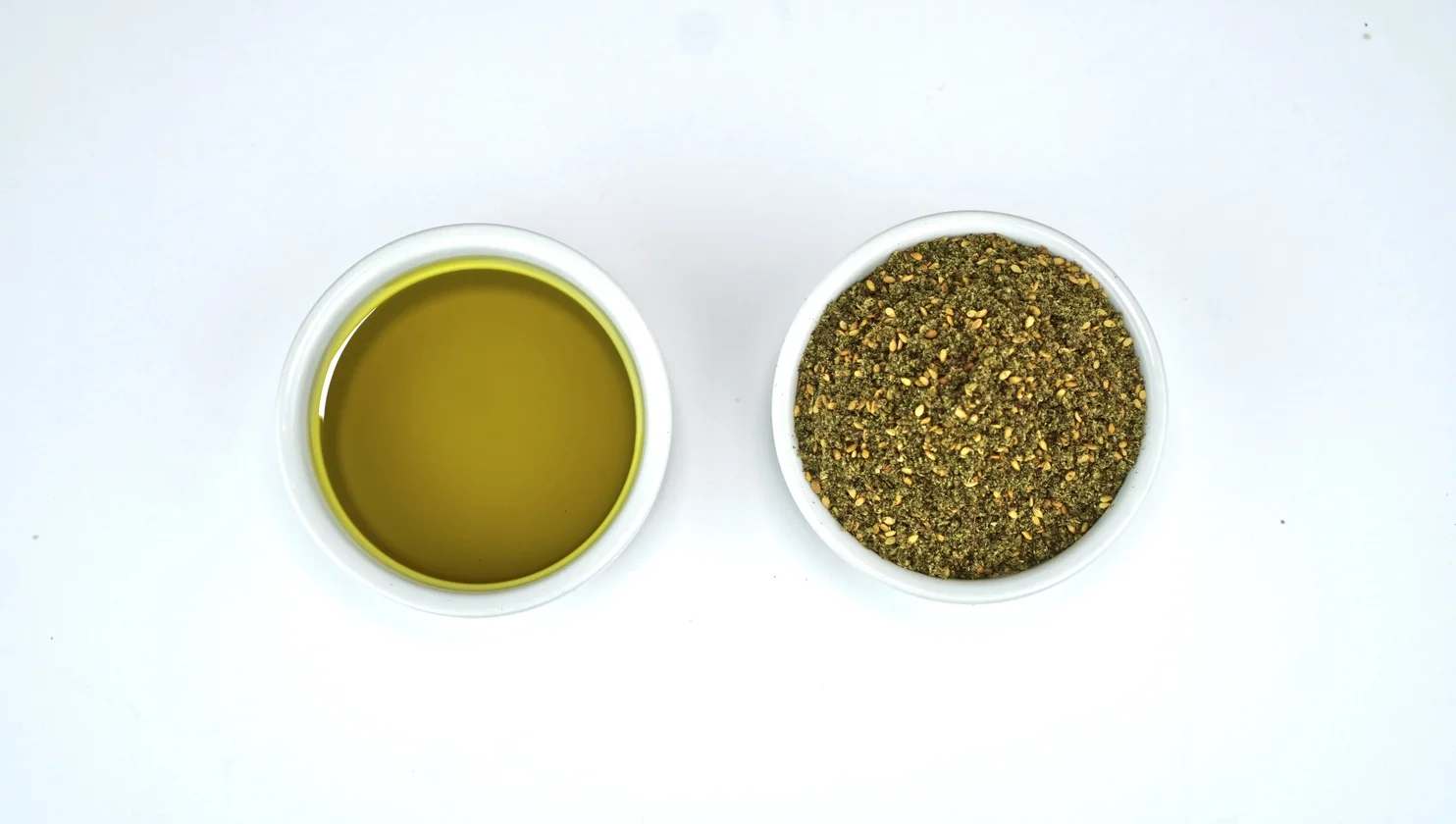Za’atar
Health Benefits
Watch our cofounder, Danny, give a presentation on the history and benefits of Za’atar!
Za’atar herb properties boast significant health-enhancing properties, since sumac, thyme, and oregano are all chock full of flavonoids, organic compounds that are important dietary sources of antioxidants that can protect cells from damage.
Many believe that za'atar isn't just food—it's medicine and has been used as a treatment for grippe, eczema, period cramps, colds, nerves, stomachaches and much more. History—mixed with tradition—is there to back it up. As for za'atar's reputation as health food, that goes way back, too. In the 12th century, the great Spanish Jewish philosopher Maimonides is said to have prescribed it to his patients to treat a variety of ailments for its health-advancing properties. Al kindi (800-870), an Arab philosopher- scientist, used thyme in a medicine to treat bacterial infection or rash called St. Anthony’s Fire (erysipelas). Al-razi (865-925), an Islamic Physician, regarded thyme as an appetite enhancer, stomach purifier, and treatment for flatulence.
Modern studies into za'atar confirm that Maimonides was really on to something. Sumac is full of flavonoids, and thyme and oregano are both packed with thymol, an essential oil, and carvacrol, a phenol. Both thymol and carvacrol have antioxidant, antiseptic and fungicide properties. Thymol has also been shown to help control coughing fits in patients with bronchitis (which might explain why Maimonides recommended za'atar to treat colds).
The common za’atar blend contains vitamins A, C, E, and K. Sumac (a dried berry with lemony flavor) is full of flavonoids, vitamin C, omega 3 fatty acids and has exceptionally high antioxidant properties. Sesame seeds are considered one of the healthiest foods because they are rich in health-benefiting nutrients, minerals, antioxidants and vitamins that are essential for wellness. Sesame seeds are an excellent source of many essential minerals such as copper, magnesium, iron, calcium, and zinc. Sesame seeds are rich in dietary fiber and are full with high quality protein. They are also an important source of omega-6 fatty acids and flavonoid phenolic antioxidants.

